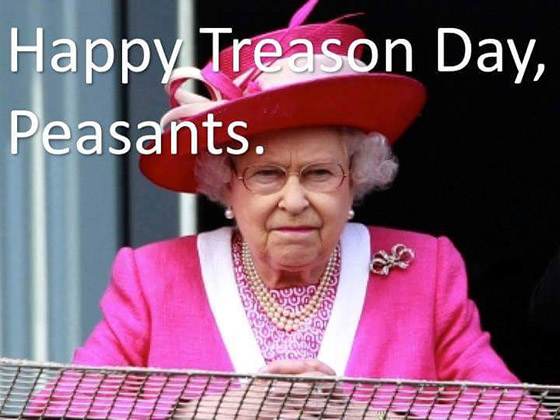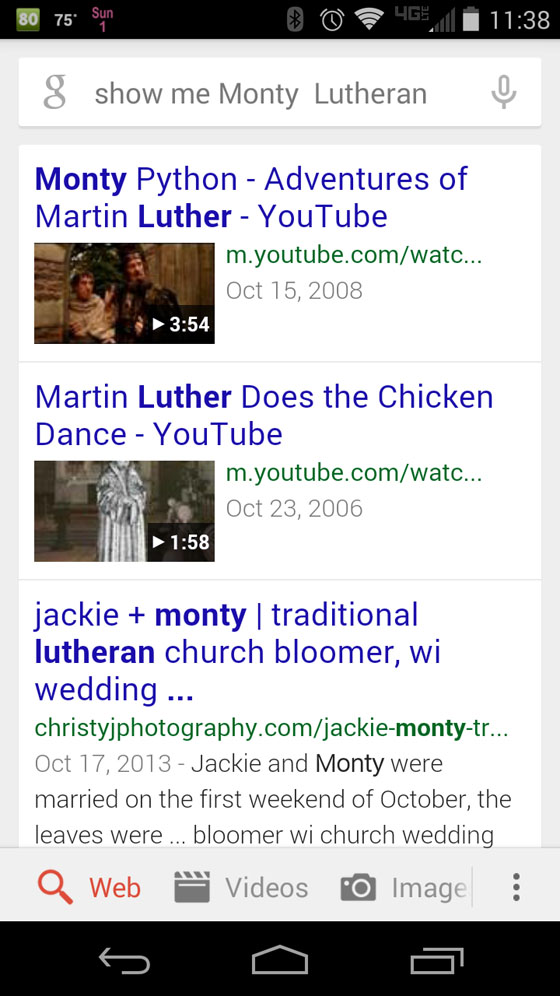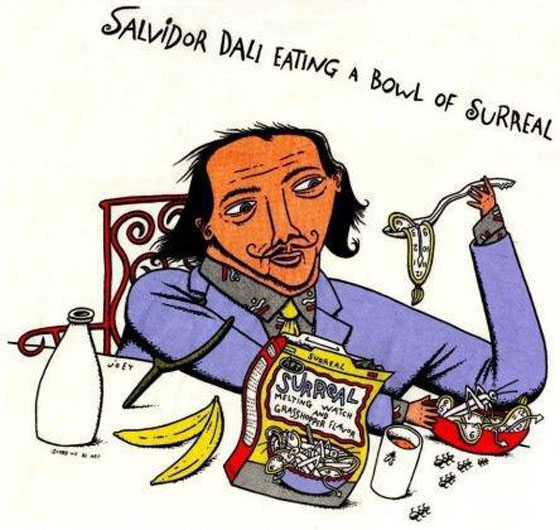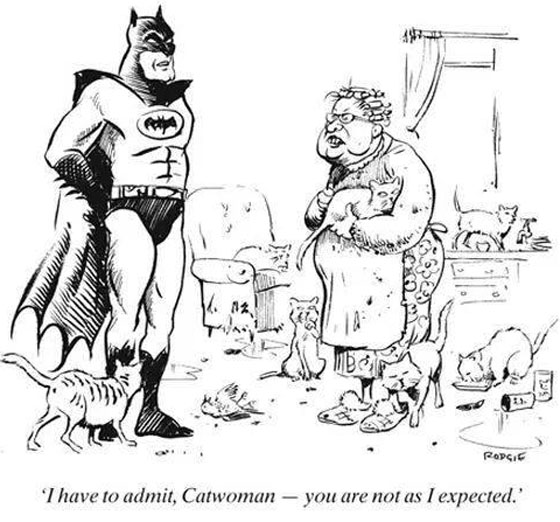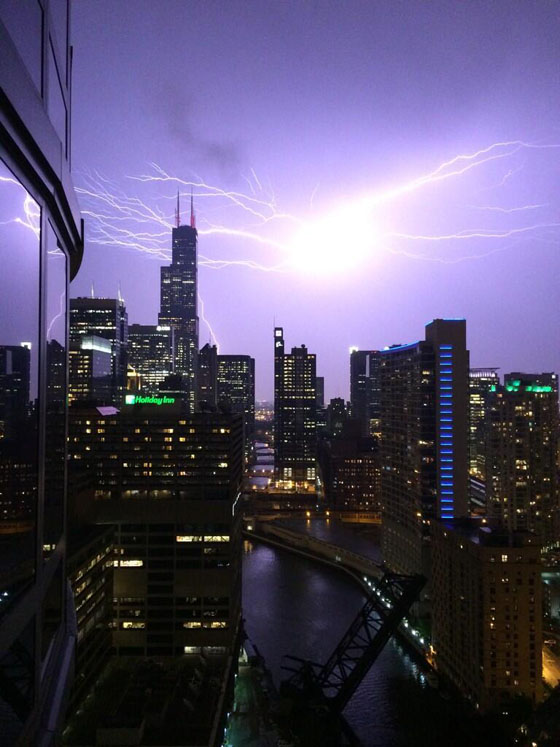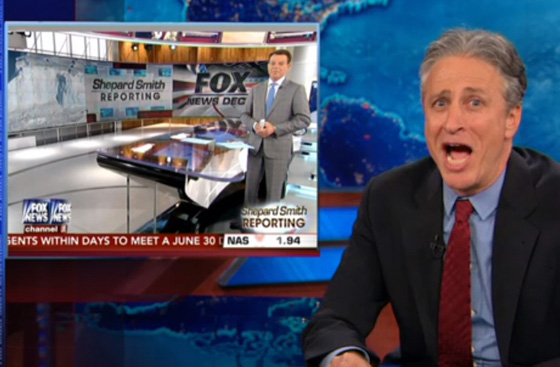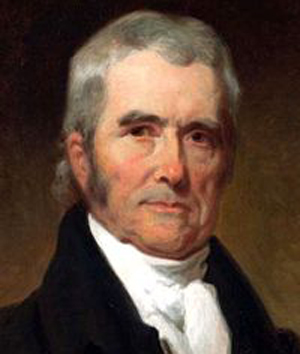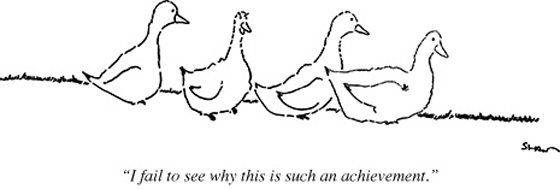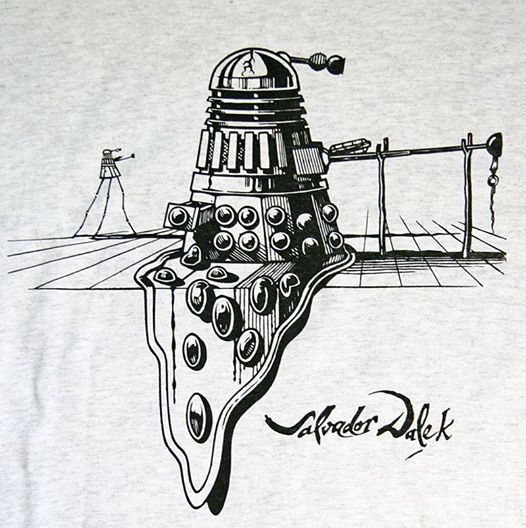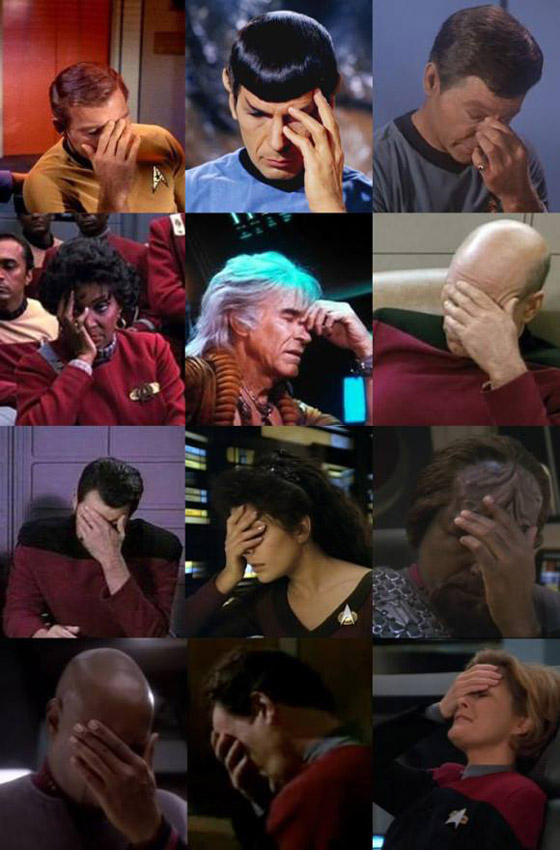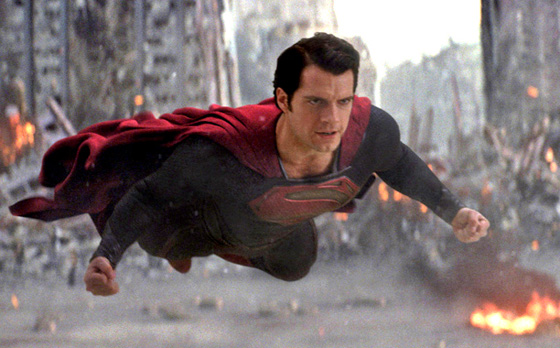This isn't a review. It's a sigh of relief.
Star Trek Beyond is... not bad. Coming after the abysmal Star Trek: Into Darkness, I was careful not to expect too much from this third film in the J.J. Abrams-produced reboot of the 50 year old franchise. At least this time around they acknowledged the existence of a decades-old fanbase, instead of purposely trying to alienate it.
The problem with the new movies is best described by rogerebert.com reviewer Matt Zoller Seitz, who notes they're mostly big-budget sci-fi films "marinated in 'Star Trek' flavor packets." It's a common problem with reboots and star shifts in big franchises. The latest James Bond films have Bondian scripts, but it's difficult to buy Daniel Craig as James Bond. The Abrams-produced Trek films have the new actors marvelously portraying iconic characters, but in storylines that bear little resemblance to the original tone of the tv series or films.
Fortunately, the script for STB was co-written by Simon Pegg, a self-confessed Star Trek fan who also plays chief engineer Montgomery Scott. So while STB suffers in places from intense special effects overkill, an enemy whose motives aren't revealed until the end of the film, and various plot holes (he forgot where he parked his starship?), it has recaptured the spirit and gentle charm of the original version. Think of this movie as a fair to middling second season entry of the original show- like The Omega Glory or A Private Little War- only with a budget more than twice as large as the cost of producing all 79 episodes in the 1966-1969 run of the series.
Wisely, no references are made to its predecessor, so we're spared inanities like interplanetary beaming and tribble resurrection. Instead, Pegg pays homage to the original series with scores of subtle references. The original aeolian harp-like transporter sound effect is used. There's a Chekov 'invented-in-Russia gag'. An obscure and odd-sounding but totally accurate call-out to the original series episode Who Mourns for Adonais? where 'a giant green hand' is offered as a sound, rational explanation for ship disappearances. And two Enterprise crewman on the receiving end of the villain's wrath are, of course, wearing red shirts. A few scenes are reminiscent of Galaxy Quest and Guardians of the Galaxy, but in clever and non-obstrusive ways.
There are still annoyances like humans having somehow developed the ability to fall 50-100 feet without injury. But this seems to be common to all films after the parkour opening of 2006's Casino Royale Bond reboot. Chris Pine's Kirk continues to get the crap beaten out of him on a regular basis, which makes me wonder if perhaps Shatner is slipping a few bucks under the table to the new production team.
Pegg's script seems to try to atone for the Trek-specific absurdities, like starships spouting flame from manuevering thrusters and flying in planetary atmospheres. "There's a reason they're called starships, you know," Scotty complains at one point. In another scene, Scotty points out that "Starfleet isn't a miliary organization," something that might not be obvious given the militaristic bent of the first two movies. But, alas, they've forgotten creator Gene Roddenberry's admonishment to starship desiger Matt Jeffries: "no flames, no fins, no rockets." Propulsion in this movie seems more 20th than 23rd century.
Director Justin Lin does a good job with lighting and framing- the bridge no longer looks like an Apple store on opening day and, thank goodness, less lens flare. The Fast and Furious director delivers several wild and wooly fight scenes and cgi set pieces that were hard to follow, which I attribute mainly to my age and unfamiliarity with the ouevre. I thought the space battles in Star Trek II were impressive, and that was just two optically printed motion control models and some cell animation. The thousands of cgi-rendered craft that swarm through STB were a bit overwhelming. Those cgi guys must get paid by the pixel. And there were times when I wanted to yell "just keep the goddamned camera still!" as it dollied and tilted through scenes not requiring such embellishment.
But that's nit-picking. As was the case with the original series, it's the relationships between the main characters and humor that really keep the movie afloat. Karl Urban's Dr. McCoy, in particular, is spot-on. And McCoy continues to get all the funny lines.
The movie notes the passing of Leonard Nimoy, "Spock Prime" in the new movies. There's also a "cameo" of the original crew via a photograph from the last film featuring all of the original cast, 1991's Star Trek VI: The Undiscovered Country, which is in Spock Prime's personal effects.
Anyway, if you're an old Trek fan, go see it. You'll walk out of the theater feeling like you've actually watched a Star Trek movie, something I hadn't done in 25 years.
Categories: KGB Opinion, Star Trek
Home KGB on Bluesky KGB on Substack
KGB Stuff Commentwear E-Mail KGB
Donate via PayPal




